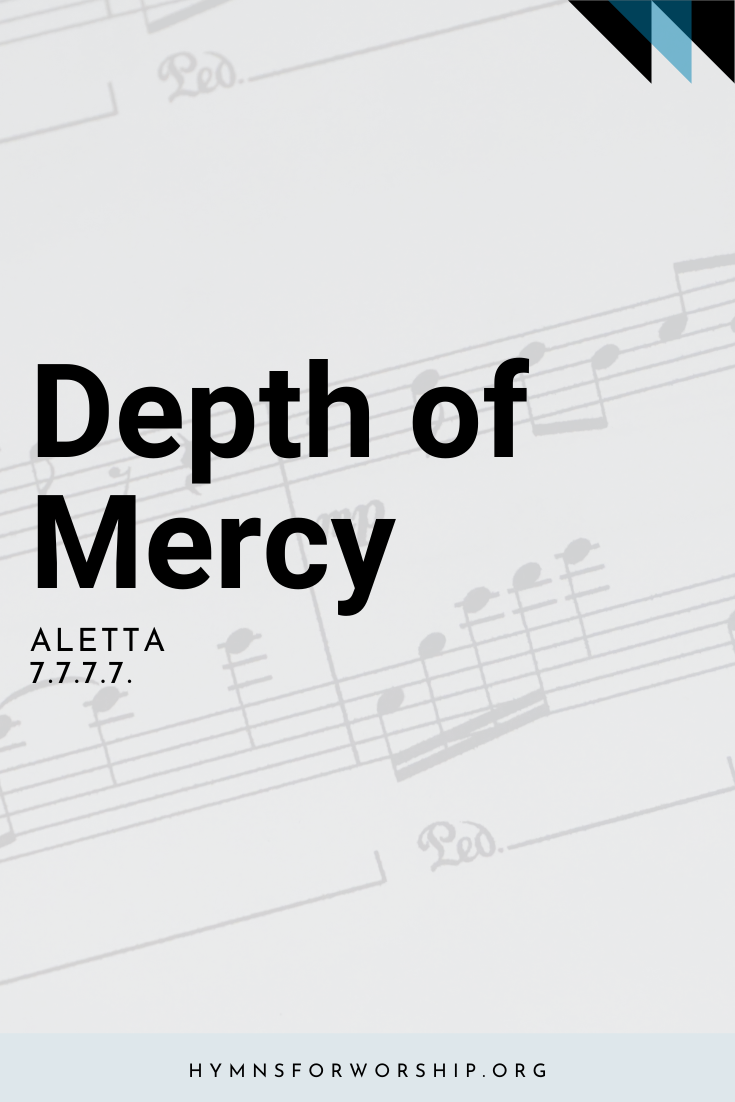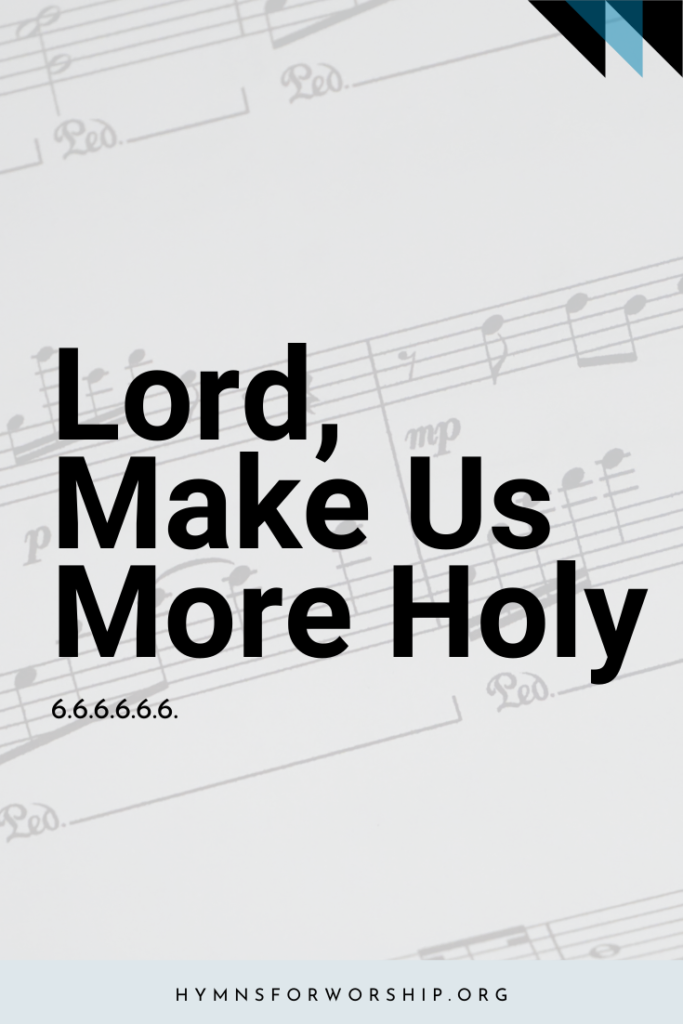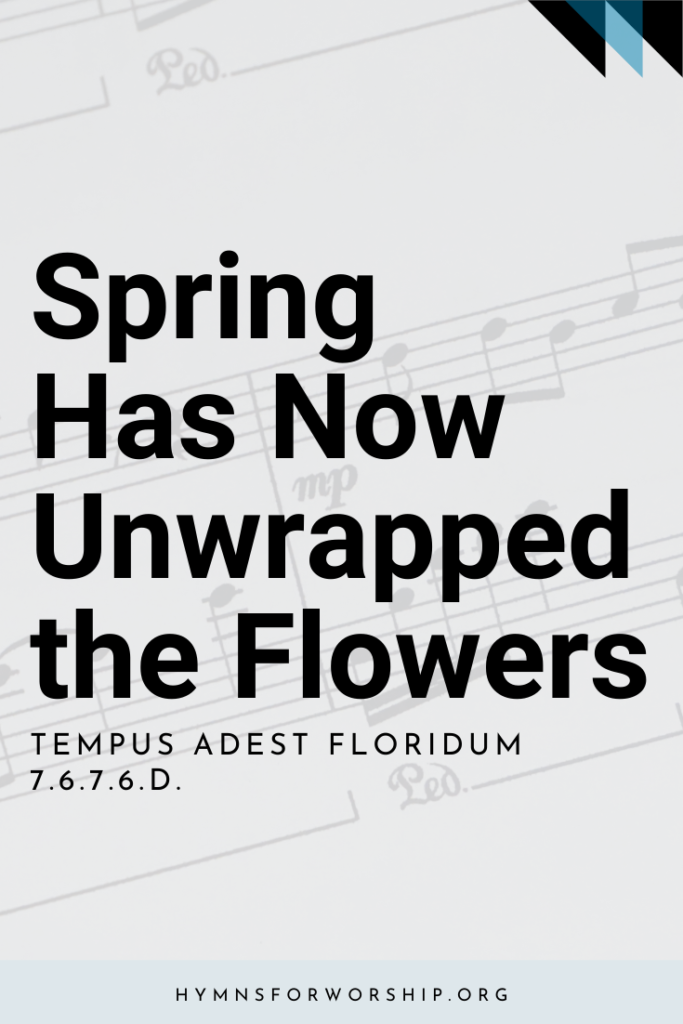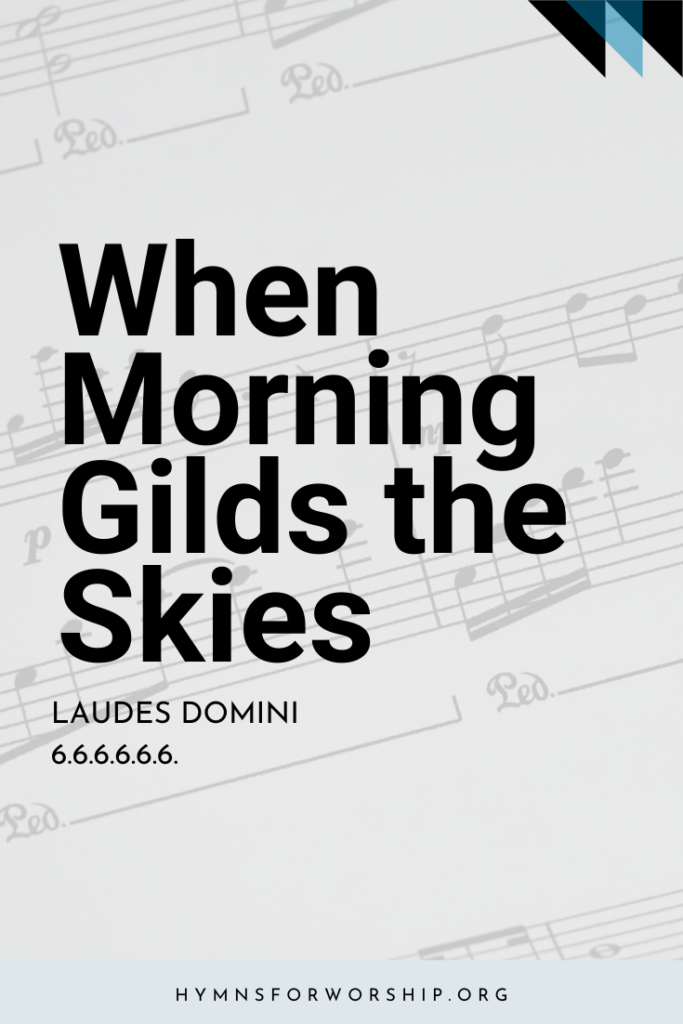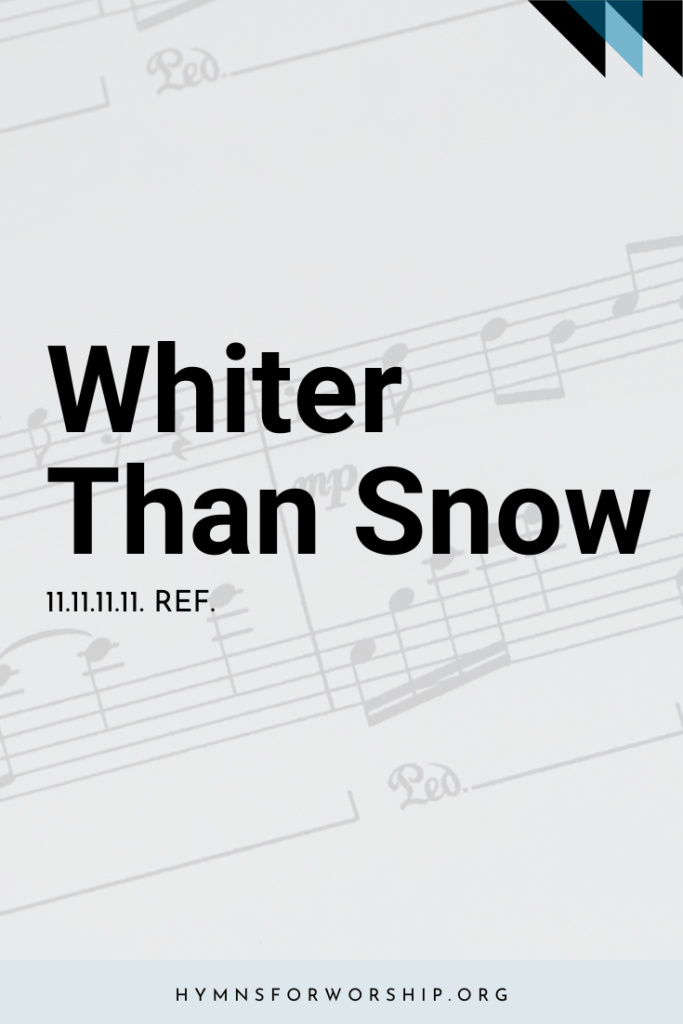CHRISTIAN LIFE >> FAITH & TRUST
SDAH 521
Depth of mercy!–can there be
Mercy still reserved for me?
Can my God His wrath forbear?
Me, the chief of sinners, spare?


Text
1
Depth of mercy!–can there be
Mercy still reserved for me?
Can my God His wrath forbear?
Me, the chief of sinners, spare?
2
I have long withstood His grace,
Long provoked Him to His face,
Would not hearken to His calls,
Grieved Him by a thousand falls.
3
Now incline me to repent;
Let me now my sins lament;
Now my foul revolt deplore,
Weep, believe, and sin no more.
4
There for me the Savior stands,
Shows His wounds and spreads His hands;
God is love! I know, I feel;
Jesus weeps, and loves me still.

Hymn Info
Biblical Reference
(a) 1 Tim 1:15 (b) Acts 11:17 (c) Rom 2:4; John 8:11 (d) John 20:27
Author
Charles Wesley (1707-1788)
Year Published
1740
Hymn Tune
ALETTA
Metrical Number
7.7.7.7.
Composer
William B. Bradbury (1816-1868)
Year Composed
1857
Theme
FAITH AND TRUST
Hymn Score
Piano Accompaniment
Recommended Reading
Charles was the other Wesley. Alongside his brother John who was considered the main guy behind the founding of Methodism, it was Charles’ hymns that pushed through the envelope of being “just another religion.” His lasting and well-known hymns have captivated Christians all around the world. Through his poetic lines, we are able to sing many hymns with such deep theology.
It was said that he wrote 8,989 hymns. That’s 10 lines of poetry every single day for 50 years. And we are privileged to have sung some of those hymns. Tell me, don’t these hymns ring a bell for you?
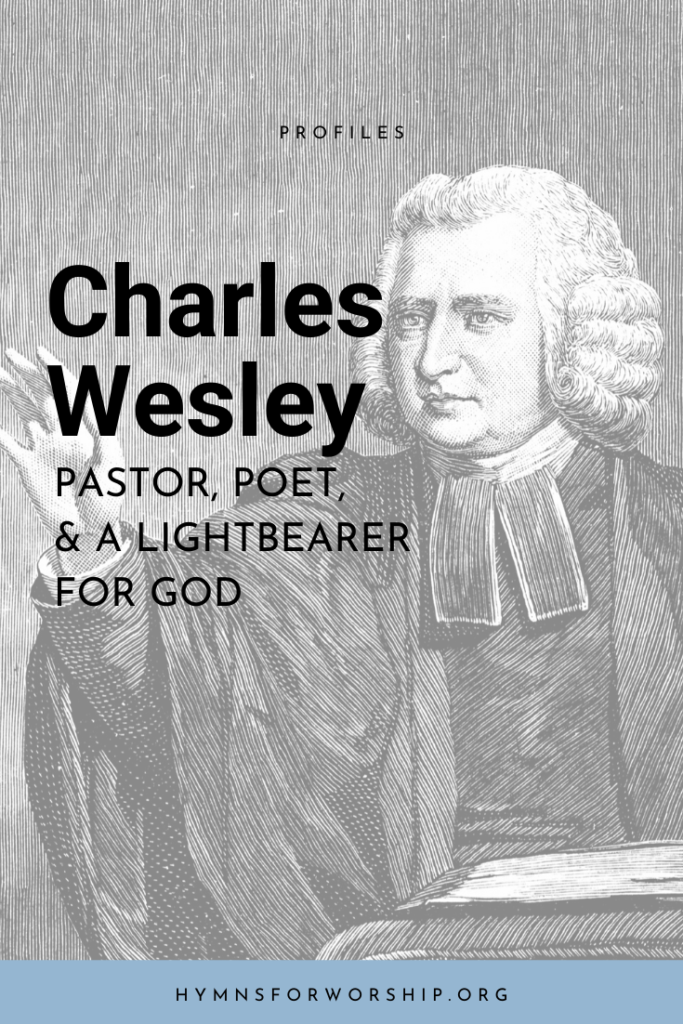
Notes
Get to know the hymns a little deeper with the SDA Hymnal Companion. Use our song leader’s notes to engage your congregation in singing with understanding. Even better, involve kids in learning this hymn with our homeschooling materials.
Charles Wesley (1707-1788; see Biographies) wrote two hymns under the title “After a Relapse Into Sin.” This one, of 13 stanzas of four lines each, appeared in his Hymns and Sacred Poems, 1740. The other, of 10 stanzas of four lines each, was printed in 1742. Wesley identifies himself with the apostle Paul’s self-description, “Christ Jesus came into the world to save sinners; of whom I am chief” (1 Tim. 1:15).
ALETTA was composed in 1857 by William Batchelder Bradbury (1816-1868; see Biographies) and appeared in The Jubilee, set to a six-line hymn with the last two lines repeating. The first, second, and fourth revised phrases are very similar and the tune makes liberal use of tonic and dominant chords, although it is made more interesting by one modulation. Aletta was a pious woman, the mother of Bernard of Clairvaux (see SDAH 242).

